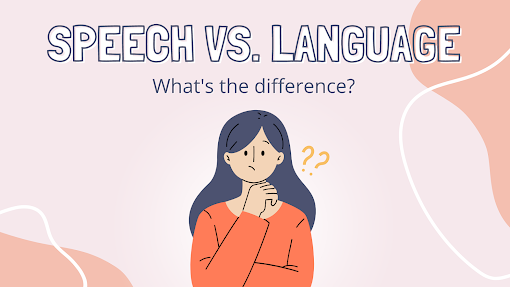The International Court of Justice (ICJ), also known as the World Court of Justice, has recently issued a warning against both Israel and Palestine regarding their use of inflammatory language during the ongoing conflict that began on October 7th, 2023. The ICJ, which is the principal judicial organ of the United Nations, has urged both parties to exercise restraint in their choice of words and to avoid any statements that could further escalate the already volatile situation.
The ICJ's statement comes at a time when the conflict between Israel and Palestine has intensified, with both sides accusing each other of committing war crimes and engaging in acts of aggression. The situation has been further complicated by the involvement of other regional powers, such as Iran and Saudi Arabia, who have been providing support to their respective allies.
The ICJ's warning is significant because it is the first time that the court has intervened in the ongoing conflict. The court has previously issued advisory opinions on issues related to the Israeli-Palestinian conflict, but this is the first time that it has directly addressed the ongoing hostilities. The court's statement is also significant because it highlights the importance of international law and the need for both sides to adhere to it, even in the midst of a conflict.
The ICJ's warning is particularly relevant because of the inflammatory language that has been used by both sides during the conflict. Israel has accused Hamas, the Palestinian militant group, of committing war crimes and has threatened to take "decisive action" against the group. Hamas, on the other hand, has accused Israel of committing genocide and has called for the destruction of the Jewish state. Such statements have only served to further inflame the situation and have made it more difficult to find a peaceful resolution to the conflict.
The ICJ's warning is also significant because it highlights the need for both sides to exercise restraint and to avoid any statements that could further escalate the conflict. The court has urged both Israel and Palestine to refrain from using language that could be interpreted as incitement to violence and has called on them to engage in dialogue and negotiation to find a peaceful solution to the conflict.
The ICJ's warning is particularly relevant because it comes at a time when the international community is increasingly divided over the conflict. Some countries, such as the United States and several European nations, have supported Israel's actions, while others, such as Iran and several Arab nations, have supported Palestine's cause. The ICJ's statement is significant because it provides a neutral and impartial perspective on the conflict and highlights the need for both sides to adhere to international law and to avoid any statements that could further escalate the situation.
In conclusion, the ICJ's warning is a timely and important intervention in the ongoing conflict between Israel and Palestine. The court's statement is significant because it highlights the need for both sides to exercise restraint and to avoid any statements that could further escalate the situation. The ICJ's warning is particularly relevant because it comes at a time when the international community is increasingly divided over the conflict, and it provides a neutral and impartial perspective on the situation. The ICJ's statement is a reminder that international law is essential in resolving conflicts and that both sides must adhere to it, even in the midst of a conflict.

Comments
Post a Comment